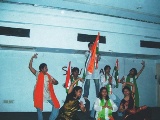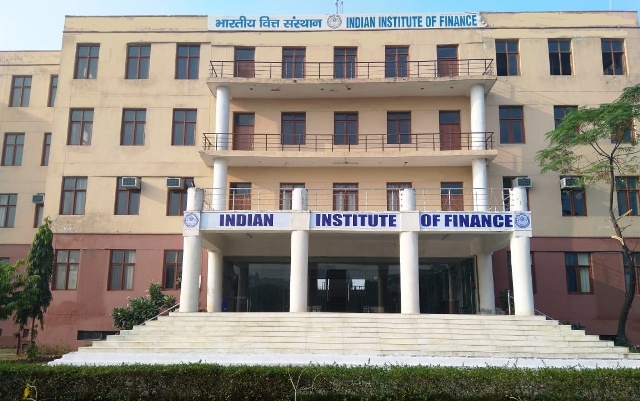| Year I |
Year II |
| Semester I |
Semester III |
| 101 |
Accounting for Financial Analysis |
301 |
Financial Econometrics & Equity Research |
| 102 |
Economics for Decision Making |
302 |
Indian Financial System |
| 103 |
Quantitative Tech. & Forecasting for Finance |
303 |
Corporate Finance & Valuation |
| 104 |
Computer App. in Finance |
304 |
Corporate Tax Planning |
| 105 |
Regulatory Framework of Business |
305 |
Management of Banking & Financial Institutions |
| 106 |
Organisational Behaviour |
306 |
Personal Finance & Invt. |
| Semester II |
Semester IV |
| 201 |
General Studies & Personality Development |
401 |
Management Control Systems |
| 202 |
Macro Eco. & Public Finance |
402 |
Securities & Portfolio Management |
| 203 |
Operations Research for Finance & Risk Analysis |
403 |
Advance Financial Analysis & Risk |
| 204 |
Human Resource Mgt. |
404 |
Capital Market & Financing |
| 205 |
Marketing Management |
405 |
Financial Services |
| 206 |
Mgt. Accounting & Control |
406 |
Business Valuation, Mergers & Acquisitions |
| Year III |
| Semester V |
|
Semester VI |
|
| 501 |
Corporate Strategy & Business Policy |
601 |
Business Ethics & Corp. Social Responsibility |
| 502 |
Insurance Management & Risk Analysis |
602 |
Management Information System & Control |
| 503 |
New Financial Models & e-Finance |
603 |
Global Financial System |
| 504 |
Financial Engineering & Risk Management |
604 |
International Finance |
| 505 |
Project Management, Appraisal & Control |
|
Industrial Exposure & EMBF Live Thesis Project |
| 506 |
Options, Futures & Financial Derivatives |
700 |
Live Thesis Project (equivalent to two courses) |
|
All courses are of 3 credits each
Course 700 is of 6 credits |
Daily & Weekly Financial Review
Bi- Weekly Seminars |



















